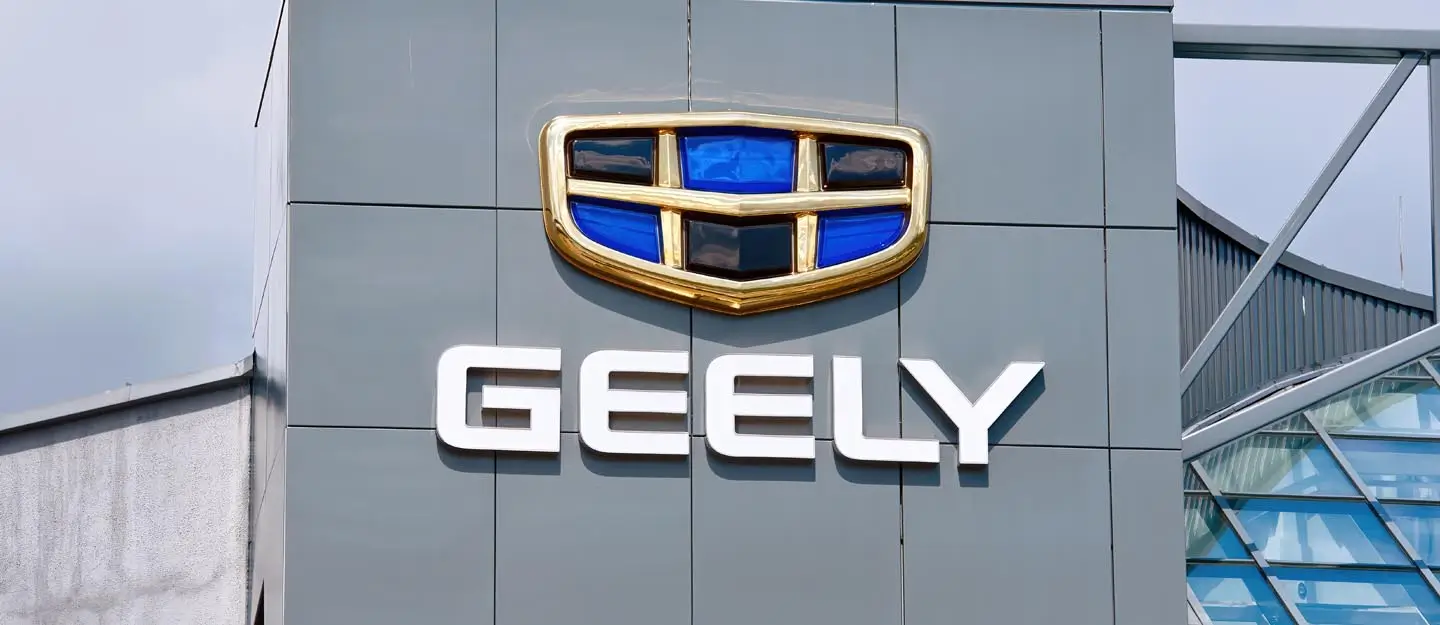Bridging the Gap in Battery Technology
In a recent development, two influential Democratic U.S. senators, Mark Warner and Joe Manchin, have raised concerns about the United States falling behind in battery technology research, manufacturing, and the procurement of vital raw materials, as revealed in a letter seen by Reuters. The senators emphasized the urgent need for the U.S. to catch up with Asia, particularly China, which currently dominates the global battery landscape.
The PDF document of this article is available here.

Current State of Affairs: Lagging Behind China in Battery Technology
The letter underscores the consensus among experts, indicating that the United States trails behind Asia by a significant margin, estimated to be “ten to twenty years behind” in advancing the commercialization of battery technology. China, a key player in battery cell manufacturing, currently dominates the global landscape, contributing to more than 75% of the total production. In contrast, the United States managed to produce less than 10% of the world’s lithium-ion batteries in the preceding year.
China’s dominance extends to the battery supply chain, encompassing critical materials such as graphite, essential for lithium-ion cells. The recent decision by China to restrict graphite exports raises concerns about the impact on manufacturing anodes for battery cells.
The Challenge and the Call to Action
With the demand for batteries expected to grow sevenfold by 2035, the senators stressed the need for immediate action. They advocate for a committee briefing by December 1 on ongoing research and development of next-generation battery technologies to address the current disparity.
The letter underscores the national security implications, as lithium-ion batteries play a crucial role in military systems, including handheld devices, unmanned submersibles, and future capabilities like lasers and hybrid electric tactical vehicles.
China’s Dominance and Global Implications
China’s control over 60 to 100 percent of the mining or refining capacity for critical materials used in lithium-ion batteries raises concerns about the security of the supply chain. The senators emphasize the critical importance of the U.S. leading in next-generation battery technology and exploring alternative chemistries to reduce dependence on Chinese minerals.
This call to action aligns with a global context where the European Union is investigating subsidies received by Chinese electric car manufacturers, and the U.S. has imposed a 25 percent tariff on Chinese-made vehicles. The senators argue that the U.S. must become a leader in manufacturing batteries, secure supply chains, and work towards innovative, U.S.-developed energy storage technologies.
Looking Ahead: The Push for Next-Gen Battery Technology
In light of the current challenges, the senators advocate for a proactive approach to develop next-generation battery technology that is less reliant on Chinese minerals. Their letter signals a crucial turning point for the U.S., emphasizing the need to bridge the gap in battery manufacturing and research to maintain a competitive edge in a rapidly evolving global landscape.
This other article offers more insights into the automotive sector: Flex-Fuel Vehicles A Comprehensive Overview




